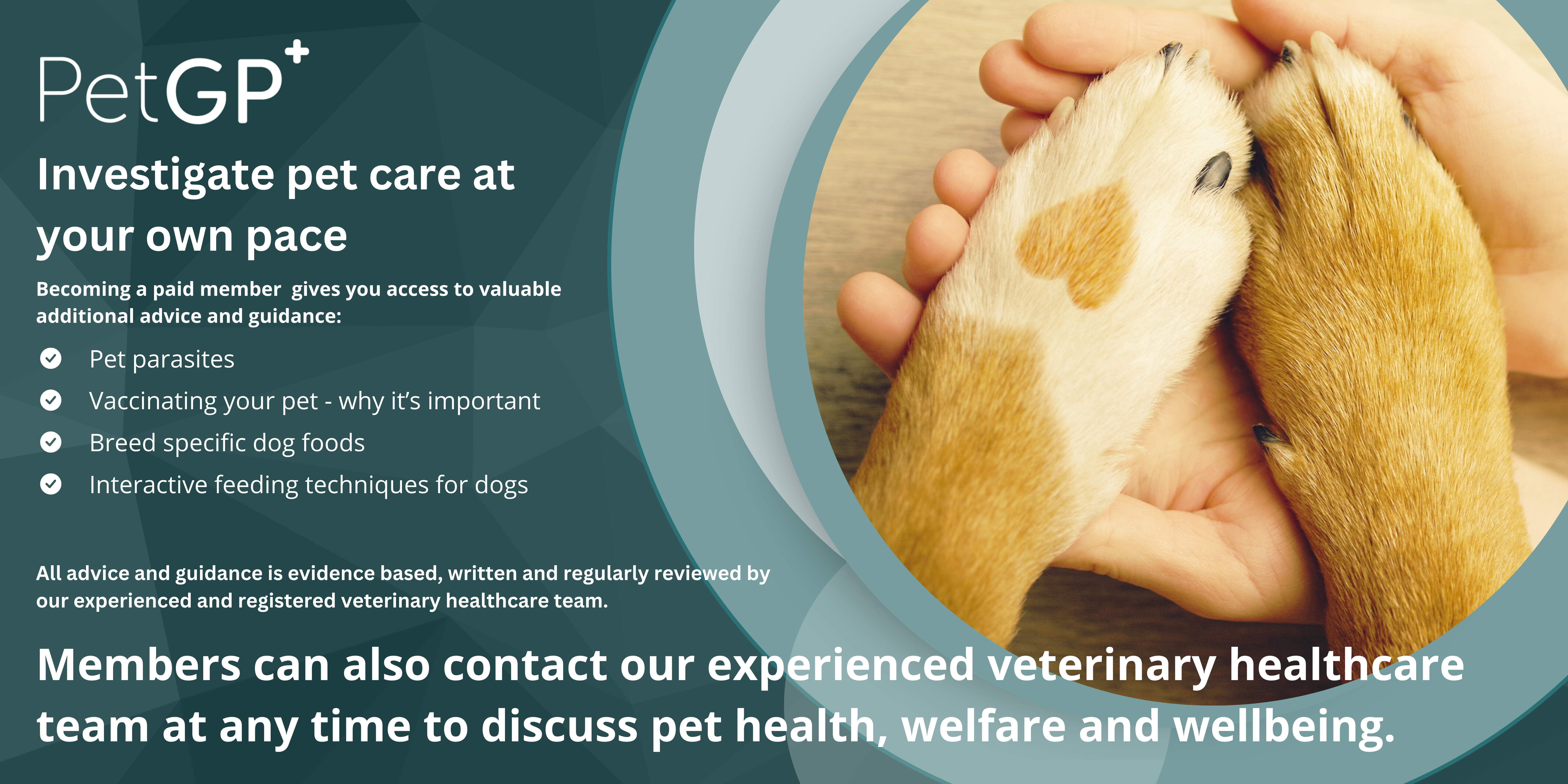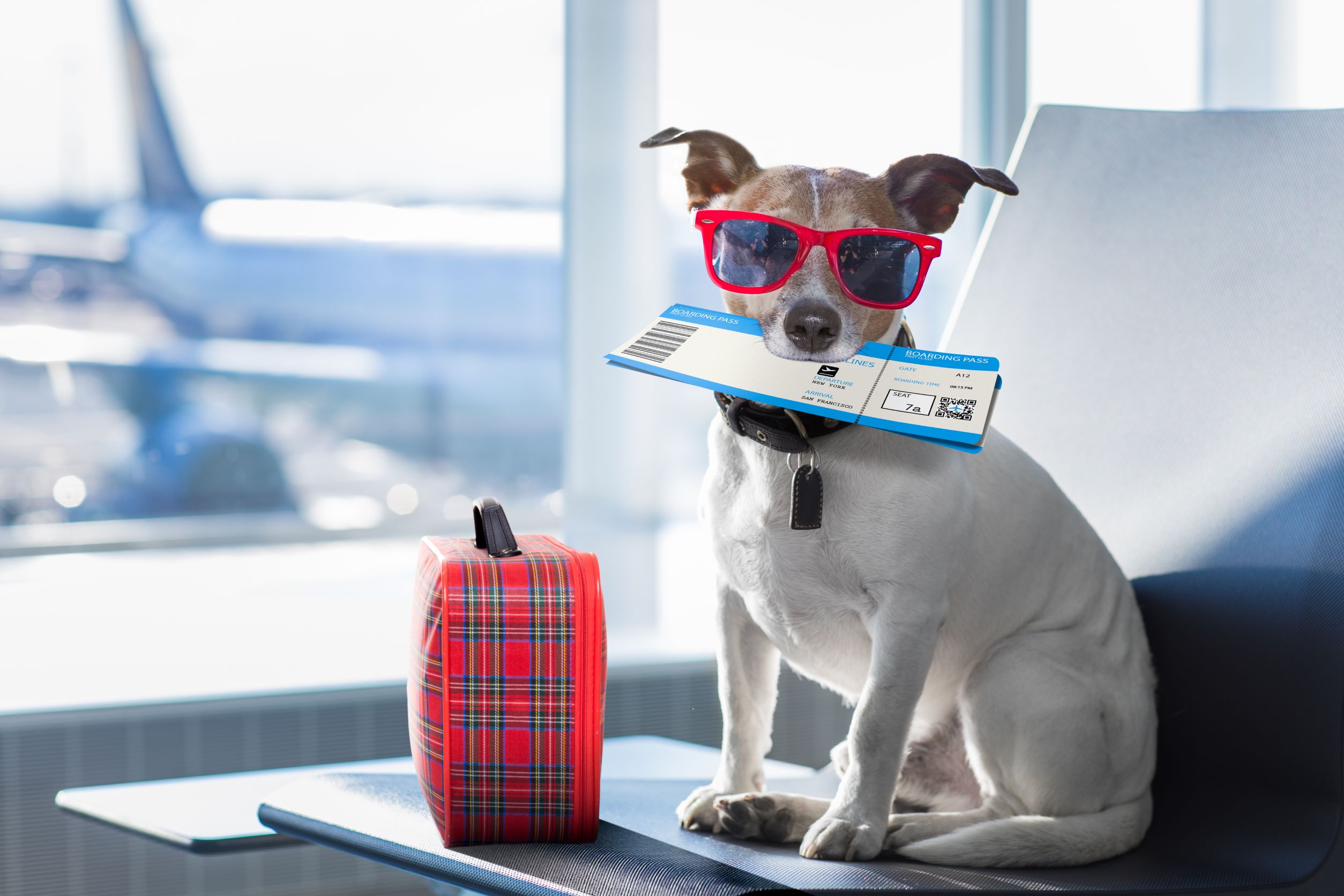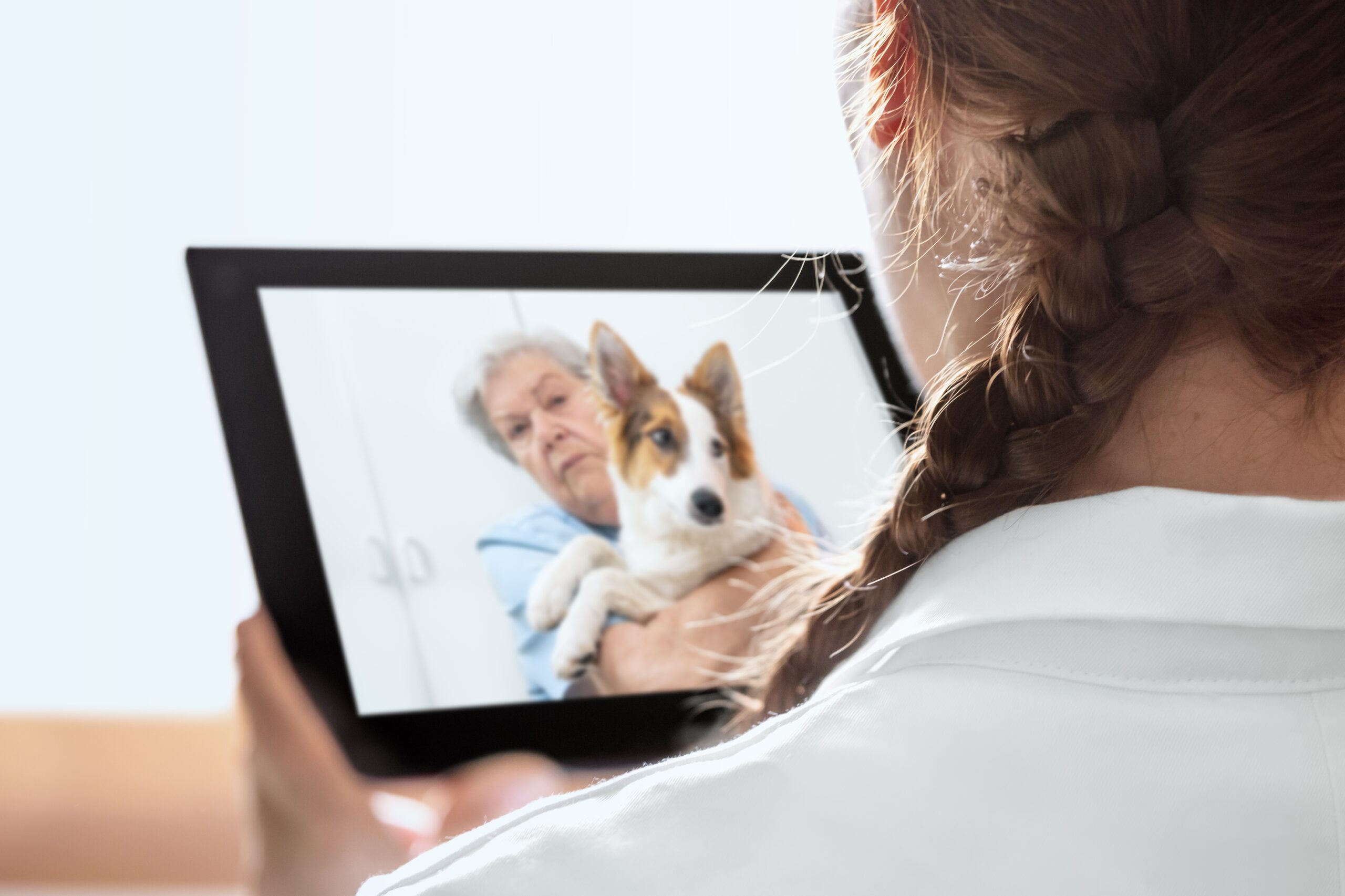Top Tips for New Dog Owners
You’ve done your research and chosen the right type and breed of dog for you. You’re ready to bring your new family member home. Our Registered Veterinary Nurses have some tips to help keep the process as stress-free as possible.
Plan ahead for your new dogs needs
Firstly you’re responsible for your pet’s well-being from the moment you pick them up. To ensure your new dog has a safe and stress free transition to you new home you will need to make some preparations in advance. Ensure that you prepare for your new arrival. This will ease the transition period for you both. In summary this can make the transition quicker and less stressful for you both.
Healthcare requirements for your new dog
I addition we highly recommended that you have pet insurance in place, and register your pet with a vet before you bring them home. Accidents can happen and it is essential you are ready and able to deal with them quickly. The breeder or rescue centre will tell you whether your new pet is due any vaccinations and other preventative health care in the first weeks at home.
Your new dogs environment
Is your home ready for your new pet? Moving in with a new family can be daunting for your pet, so you will need to prepare a safe place where they can rest and feel secure.
For puppies or dogs this could be a bed or crate that can be covered on top and three sides, in a quiet place. A breeder should supply a toy or blanket with the mother’s scent that can be used to help them settle in.
A pheromone diffuser can help your pet adjust to their new environment.
You should remove any toxic plants or other objects that could harm your new dog before bringing them home. Don’t forget to ensure that your garden is escape proof too!
Microchipping your new dog
It is essential to be aware of UK microchipping legislation. The UK law states that microchipping is required for all dogs over 8 weeks old. It is is also a legal requirement in the UK that your dog wears a collar and tag in all public places. This tag should include your name, address and postcode (a phone number is optional but recommended). These are both legal requirements in the UK. Your vet can scan them to check if they’re already microchipped. Remember to contact the microchip company to register your details as the new owner as soon as possible.
Diet and feeding
During the process of choosing your new dog, ask your dogs breeder or rescue centre what food they have been eating. Similarly ask how much food has been given in each meal and at what times. Most importantly make sure that you have asked the brand and flavour of food your pet is used to eating. It is important to ensure you have a supply of this food ready for your new dog. Asking the food you need can be invaluable to a reduced stress transition period. In conclusion it is important to continue to feed this food while your new dog settles in. This is important during the transition period while your new pet settles into their new home.
This transition period is a stressful time for your new dog. They need to learn to live with new people and new rules. Remember that if you decide to change to a different food, you should do this gradually and only after a few weeks. This will help you to avoid an upset tummy. Substitute a little more of the new food for the old type each day over 10-14 days. Remember, puppies up to 6 months of age will need feeding up to 4 times a day.
Remember that treats count as part of your pet’s diet too. Try not to overdo the treats, and make sure they are appropriate for your pet’s life stage.
Appropriate toys for your new dog
With all the wonderful toys available, it’s easy to get carried away and buy lots of new things straight away. Your new dog might find this overwhelming. We recommend starting with a small selection of different types of toy. This allows you to find out what they like best.
Toys need to be of an appropriate type and size for the breed you have chosen. Each toy should be large enough that it can not fit into their mouth fully. This will help to avoid them being swallowed. Toys should also be monitored and regularly checked to ensure they are not damaged. All damaged toys need to be removed and discarded to avoid ingestion.-
Rest and relaxation.
Your new dog will need frequent rest breaks from playing during this exciting time. Make sure any children know to leave them alone during their ‘down-time’. Rest is important to ensure they can settle and explore in their new home.
Behaviour
Be mindful of behaviour you encourage or allow during the early days of owning your pet. These boundaries will continue and can be difficult to change. If you do not want your dog to do something it can be a good idea never to allow it. For example, if your dog is not allowed on the sofa, never sit them on it and always reinforce this gently.
Mental Wellbeing
The transition period to a new home can be stressful. It is important to give enough time for you and your new dog to get to know each other slowly and gently. It will take time for your new dog to settle and for you to become trusted companions.
Don’t be afraid to ask for advice.
Having a new dog is exciting and rewarding but it can be challenging too. If you’re struggling or worried about any aspect of your pet’s health or behaviour, you can contact our friendly, experienced Vet Nurses 24/7 for advice.





